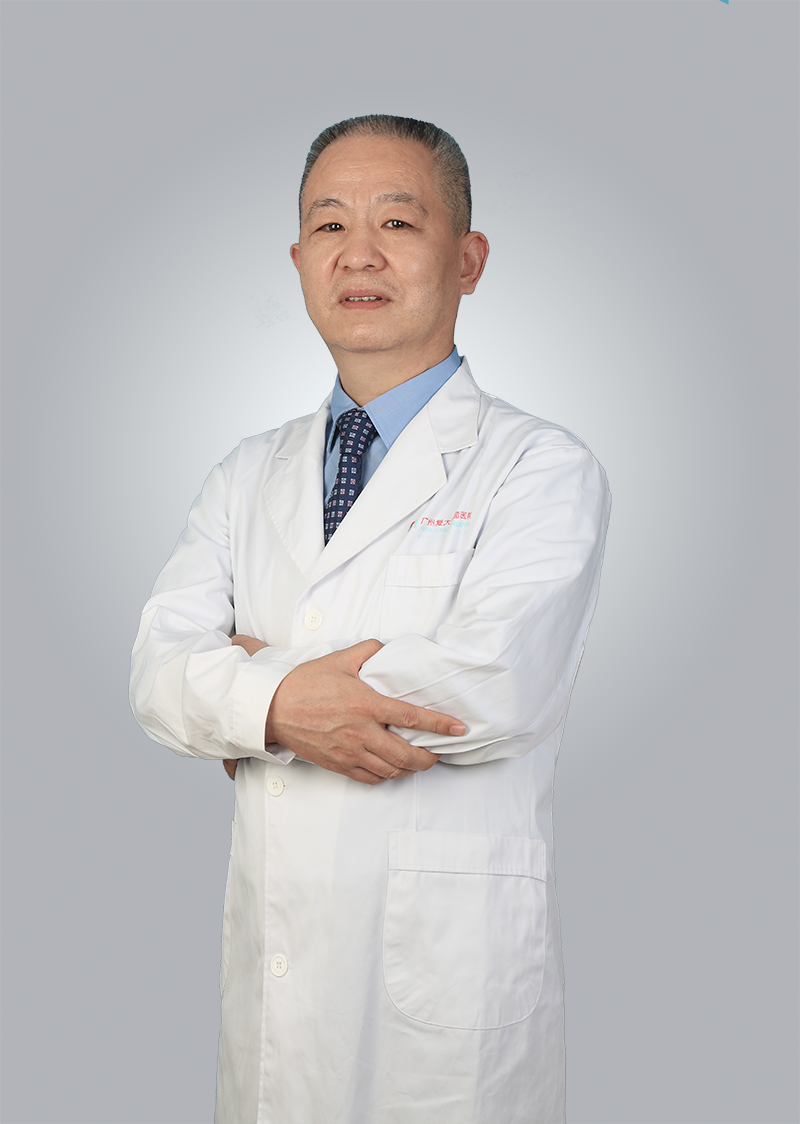
Cheng Jiangpeng, Associate Chief Physician, Assistant Dean, and Clinic Director
He graduated from Department of Clinical Medicine at the Fourth Military Medical University. He then pursued graduate studies at the Department of Neurosurgery at the Nanfang Hospital, First Military Medical University, under the tutelage of Professor Qi Songtao. He has extensive experience in neurosurgery at tertiary hospitals. He has extensive experience in microsurgical treatment of intracranial tumors. In recent years, he has focused on the precision treatment of nervous system tumors and the comprehensive treatment of cerebrovascular diseases.